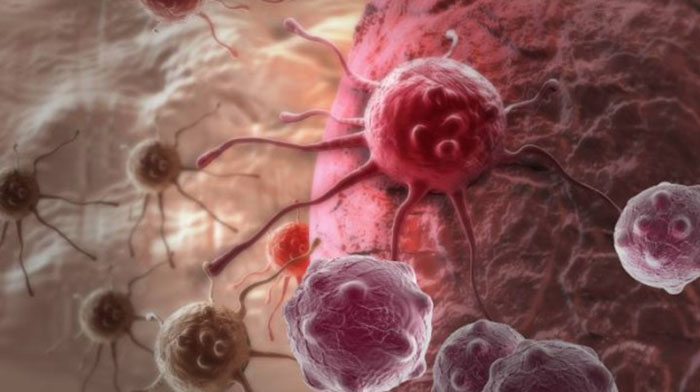You can start by getting screened for all types of cancer—and when it comes to colorectal cancer the day is now coming sooner than you thought. The American Cancer Society just revised its guidelines and recommends that adults get screened for colorectal cancer a full five years earlier than their previous recommendation—at age 45 instead of 50. So, what’s the hurry?
The policy shift is based on a recent study showing a 51 percent increase in colorectal cancer (CRC) from 1994 to 2014. That means the risk for someone born around 1990 being diagnosed with colon cancer is twice as high (and for rectal cancer four times as high) as for someone born in 1950. That’s a concerning rise.
While not often talked about, colorectal cancer is the fourth most common form of cancer. It starts in either the colon or rectum and if not caught early, spreads to the rest of the body. Symptoms can include diarrhea or bloody stool, cramping, weight loss, or any noticeable change in your bowel habits. But often, by the time you’d experience any of these symptoms, the cancer could have already spread or progressed to a more severe stage. That’s why screening is something every adult needs to take seriously. It plays a key role in early detection of colorectal cancer (and other potential health issues), and could truly be the difference between life and death in some cases. “It is our hope that widespread adoption of this guideline will have a major impact on the incidence, suffering, and mortality caused by CRC,” study authors told Science Daily.
If you are 45 or older and have not yet been screened for colorectal cancer, be sure to discuss the new guidelines with your primary care physician at your next appointment. In the meantime, follow one of these 30 easy ways to prevent cancer in your everyday life.
AOL.com
More about: cancer
















































